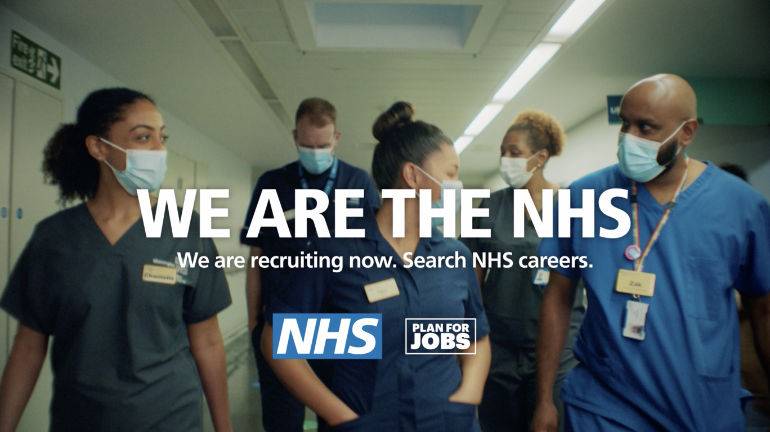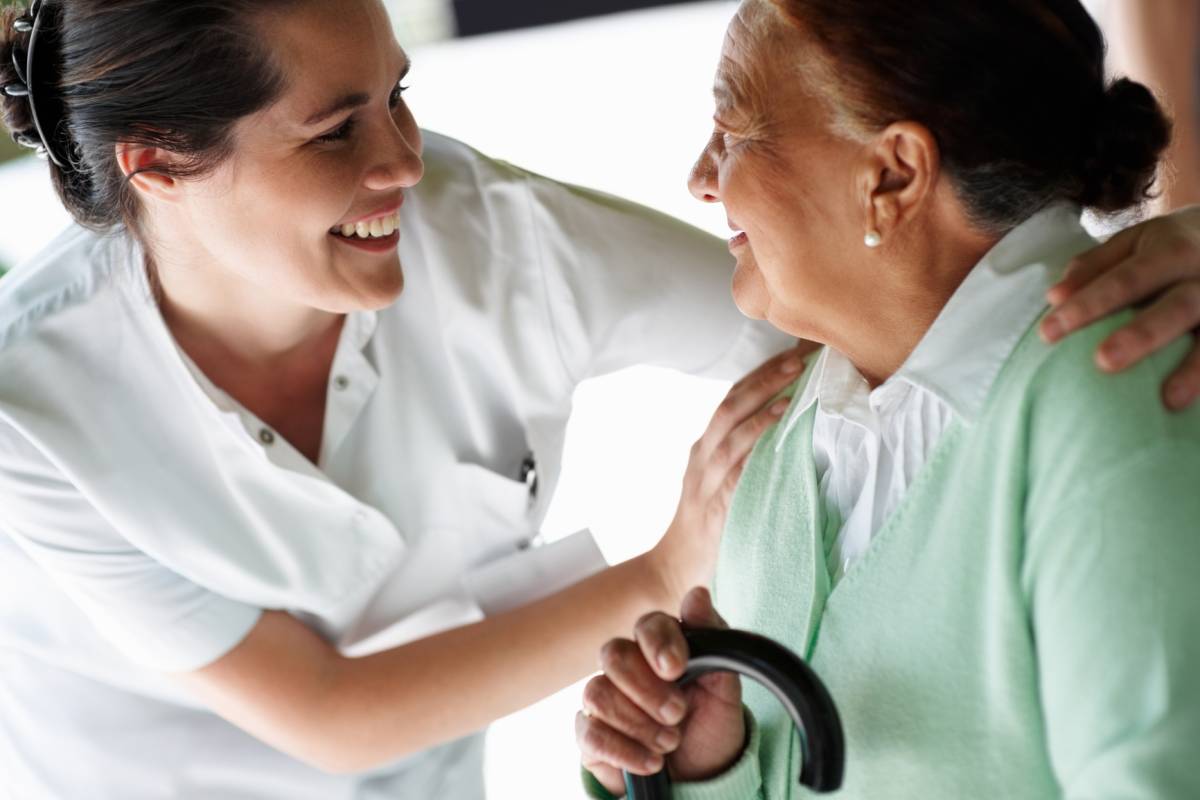NHS Checks and Treatment on Patients’ Doorsteps Part of New Changes to Health and Care in England. From today, 42 statutory integrated care systems will bring together GP teams, hospitals, local authorities, and other partners to plan and deliver health and care services in their area…reports Asian Lite News
Dedicated mental health staff to help children and young people in GP practices and blood pressure checks in betting shops are among initiatives devised and delivered by new integrated care systems that come fully into force today.
Boosting health checks in the community to find people with health problems before they become seriously unwell is a key goal of the shift to integrated care systems, where local organisations work together to better meet the needs of local people.
From today, 42 statutory integrated care systems will bring together GP teams, hospitals, local authorities, and other partners to plan and deliver health and care services in their area.
With mental health services for children experiencing record demand, new roles, including wellbeing practitioners, will be in place for local practices to support young people and help with access to local mental health teams. As well as expanding capacity through new roles, GP teams can develop special interests and access training in specific areas such as eating disorders.
A GP practice in Stockport is already going into betting shops to deliver blood pressure checks, identifying and preventing hypertension issues before people end up in hospital.
In Coventry and North Warwickshire, a local sports club offers diabetes and weight management support, taking referrals from GP teams but also reaching out to people in the local area they think might be most at-risk. People can receive tailored one to one diet and lifestyle support, and access to the club’s gym facilities.
And thanks to these local authority partnerships in Bedfordshire, patients who frequently call 999 but do not need emergency help are given alternative “lifesaving” support in their community, ensuring peoples’ needs are met as well as freeing up staff time to deal with emergency calls.
Amanda Pritchard, NHS chief executive, said the changes had the “power to completely transform health and care for people in their local communities” as well as cutting red tape within the NHS and saving taxpayers’ money.
The changes are set to save an estimated £14 million each year by reducing the number of chief executives working in the NHS by almost 170.
New systems are already proving to be an effective tool in tackling the covid backlogs, with eight systems reducing two-year waiters to single figures ahead of the end of July target. Nationally, there are 70% fewer two-year waiters than in January.
“Integrated care systems have the power to truly transform the way that we care for people up and down the country – not only will the NHS provide care when someone is unwell or has an accident but alongside our local government partners, we must also now play an increasing key role in managing peoples’ health so that we can catch more killer conditions earlier and save lives,” said Amanda Pritchard, NHS chief executive.
“Local areas are already doing this by going out into communities to spot signs and symptoms earlier in places such as sports clubs and betting shops as well as ensuring people can access community support rather than using 999 or going to A&E.
“Through these schemes, we are already making a massive difference to peoples’ lives. The NHS will now build on this success and innovation and deliver care for patients that is fit for the future as well as saving taxpayers’ millions of pounds each year.”
Lincolnshire ICS brought together acute, community and mental health teams to reform local stroke services, helping patients with rehabilitation in their own home earlier and using digital solutions. As a result, they have seen the average length of stay for stroke patients in hospital fall from 13 days to just four and a half.
The linking up of systems is also playing a key role in bringing down elective backlogs, with the Croydon Elective Centre seeing around 300 patients every week from across South West London ICS – a 10% increase on pre-pandemic levels.
The site has seen around 2,000 patients from neighbouring trusts with its own entrance, operating theatres and inpatient wards which were ‘Covid-protected’ during the pandemic to enable it to continue powering though backlogs.

Today also marks another significant change, as NHS England & NHS Improvement becomes NHS England. The two organisations initially merged in April 2019.
While as part of the vital work to better integrate health and social care, the Health and Care Act also extends hospital discharge rights for patients and carers – including young carers for the first time. The act will ensure hospital trusts involve patients and carers in hospital discharge decisions when further care and support is needed and where appropriate.
ALSO READ-Royals not to release Markle ‘bullying’ probe details

Leave a Reply